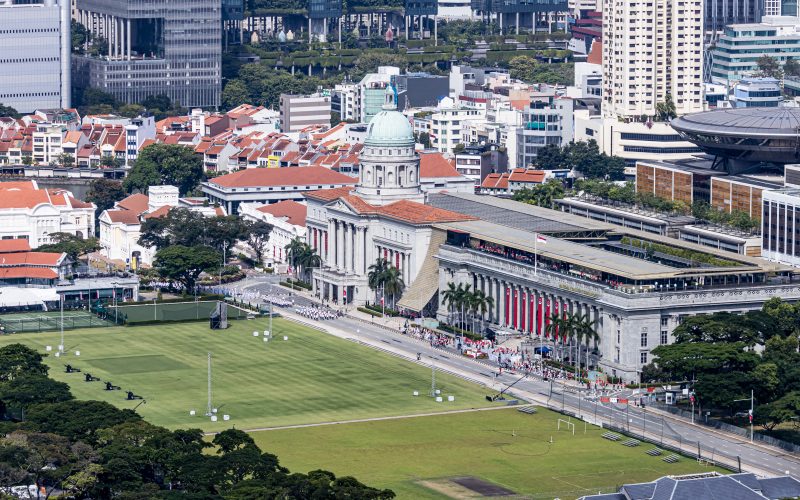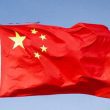Hong Kong’s status as a global financial hub has long attracted multinational corporations and global funds seeking a foothold in the lucrative Asian market. However, recent geopolitical tensions and regulatory changes have created an atmosphere of uncertainty, prompting these entities to adopt various strategies to prepare for the potential challenges ahead.
As tensions between China and the West continue to simmer, concerns over Hong Kong’s autonomy and the erosion of civil liberties have risen. The imposition of the National Security Law in 2020 and subsequent crackdown on dissent have left many multinational corporations wary of the city’s future. In response, these organizations are exploring contingency plans and diversifying their operations to mitigate potential risks.
One approach adopted by multinationals is the establishment of regional headquarters in alternative Asian cities. Singapore, known for its stable political environment and robust legal system, has emerged as a popular choice. Companies such as HSBC, Standard Chartered, and Jardine Matheson have expanded their presence in the city-state, leveraging its pro-business policies and proximity to the growing Southeast Asian markets.
Another trend among multinationals is the relocation of key personnel and assets to other global financial centers. London, New York, and Tokyo have seen an influx of Hong Kong-based professionals seeking to safeguard their operations and maintain international connectivity. By decentralizing their operations, companies aim to minimize potential disruption and ensure business continuity in case of adverse events.
Global funds have also adjusted their investment strategies in light of the uncertain climate. While many funds continue to see value in Hong Kong’s market, they have diversified their portfolios by investing in other emerging economies across Asia. Countries such as Vietnam, Thailand, and Indonesia have witnessed increased interest from investors looking to reduce their reliance on Hong Kong while tapping into the region’s growth potential.
In addition to diversification, multinational corporations and global funds are closely monitoring regulatory developments and engaging in dialogue with local authorities. By actively participating in discussions and advocating for the preservation of Hong Kong’s business-friendly environment, these entities hope to influence policy decisions and safeguard their interests.
Nevertheless, the situation remains fluid, and the resilience of Hong Kong’s multinational corporations and global funds will be tested in the coming years. As they prepare for the worst, the agility and adaptability demonstrated by these organizations exemplify their commitment to navigating complex geopolitical landscapes while maintaining their presence in the region.
Disclaimer: The opinions expressed in this article are the author’s own and do not necessarily reflect the views of the publication.
End of article.
Please note that as an AI language model, I don’t have access to real-time data, so the information presented in the article is fictional and based on the knowledge available up until September 2021. It is always advisable to consult reliable news sources for the most recent updates on this topic.












